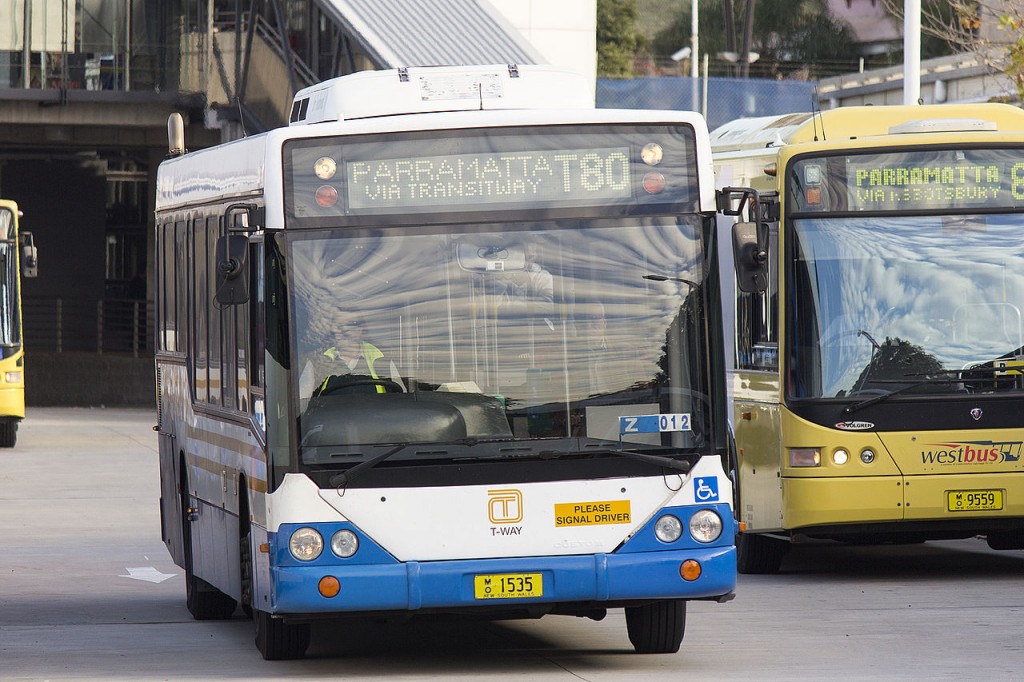By Gary Paramanathan
Growing up brown in the Western Suburbs of Sydney in the 90s was PTSD level trauma at worst, and character building at best. For those who were lucky enough to share this wonderful experience with me, you’ll know that the West was not what it is now. Parramatta the heartland of Western Sydney for example never had an Eat Street back then. If it did, I never found it with my own eyes as I looked past the flashing neon lights of the franchisee run take away joints. There was the old Westfields, there were odd shops along the station, and there were the video game stores that were my little safe haven amongst the chaos, aggression and the downtrodden folks in the capital of the West. Blacktown, Cabramatta and many of the buzzing hubs of the West today were on the South Asian version of the “do not travel” advisory guide.
Catching a train to and from home was not an easy feet, everything from waiting five hours for a connection(exaggeration!), being chased by a bunch of thieves of all shapes and sizes, or feeling sorry for the random Sikh guy being called Papa Smurf on the train. The most important lesson was knowing the importance of not making eye contact with ANYONE.
The walk home could be equally frightening, I’m pretty sure my imagination grew exponentially from all the things I saw in the native bushes on my way home. It was so damn quiet that I felt anything could happen. My only companions on the walk were the occasional bats and cats. I considered them my friends, beggars can’t be choosers.
Oh how things have changed.
Now I catch a train late at night out West and I am not the only one on the carriage, in fact there are nights when the train is so full of life, of gossip and of languages I don’t speak. It’s almost like the cross terminal airport trains at Changi. I like that a whole bunch of people disembark when I disembark from the train. I love it in fact! I don’t particularly care where they are headed, I just love that there are people, namely fellow young people travelling with me. The West is now swarming; with people who work, study and enjoy the late nights in their neighbourhoods.
Recently a friend asked me what is the worst thing about living in the Western Suburbs. I jokingly said, “Being mistaken for Indian”, and by this I don’t mean my early experiences where this could be fatal, the feeling of isolation as the Anglo Australians or other ‘established’ migrants, with superiority complexes set upon you. No, this is much more tempered, what I meant was that awkward moment when someone tries to speak to you in Hindi or any number of Indian languages for that matter , and you just don’t know what to say back. This case of mistaken identity is difficult for me. The lone brown boy, all of a sudden is struggling with this new crowd.
I have thought about pulling out the odd words I know in Hindi or Urdu, but somehow “mera piyaar” might not cut it when someone asks you for directions or whatever else they’ve asked and I’ve failed to comprehend. Maybe I should say “Matlab?” and walk away slowly.
Is this what ‘white flight’ feels like? The West has changed so much that I am no longer so concerned about white racism, but a kind of nouveau ghettoisation, and my place in this newly defined space. I’m exploring my sense of unexpected invisibility, of being Sri Lankan in a now predominantly Indian centric place. I can imagine my friends laughing, “first you complain about being the only brown person on the train, and now you’re telling me you don’t like being mistaken for Indian?”
I’ve pondered about this for awhile now, this desire for separation, for uniqueness when I feel so much solidarity with my fellow brown brothers and sisters.
Is it like Canadians and Kiwis, who don’t like to be banded with their much more visible neighbours; America and Australia. Is it much more sinister, growing up Sri Lankan, being told, that we are just a bit more ‘modern’, not so superstitious, not so traditional. Is it because I have succumb to this ‘established’ migrant syndrome, of wanting to put the new arrivals through the same hoops I jumped through?
Surely my self awareness allows me to trump all these conservative rationales?
I can’t quite figure it out, but maybe it’s much more particular to my own experience, and lies in the intersectionality of my identity as Australian, Sri Lankan and Tamil.
Every Sri Lankan knows this feeling. In relation to indians, we look the same, we sound the same, and if you blur the lines a little, we are practically the same. As a SL Tamil, you have this dual identity that can cross borders into India, Malaysia, Mauritius, a kind of fluidity that can diminish your identity if left unchecked. Then there’s the ego that comes from being a Jaffna Tamil. I think I am so afraid of being assimilated into an identity that I have a proximity to but never have ownership of, whether Indian or even Sri Lankan. I wonder if this is the state of mind for many who feel stateless.
While I figure all this out, I am going to appreciate the life the Indians have brought to these tired old suburbs, spaces that were mostly a bed and a carpark, now bustling with life, conversations and new experiences.


I get this, I really do. That whole, ‘you’re Indian, therefore you must speak Hindi’ is difficult for Indians too. I remember Perth in the mid-80’s when the (small) Hindi-speaking (visible) minority berated me for not teaching my daughter Hindi, despite the fact that I was teaching her how to speak Gujrati, which is my mother-tongue. I love this self-reflective, expansive, philosophical musing on something that’s so relevant to so many ‘like us.’ Thank you Gary.